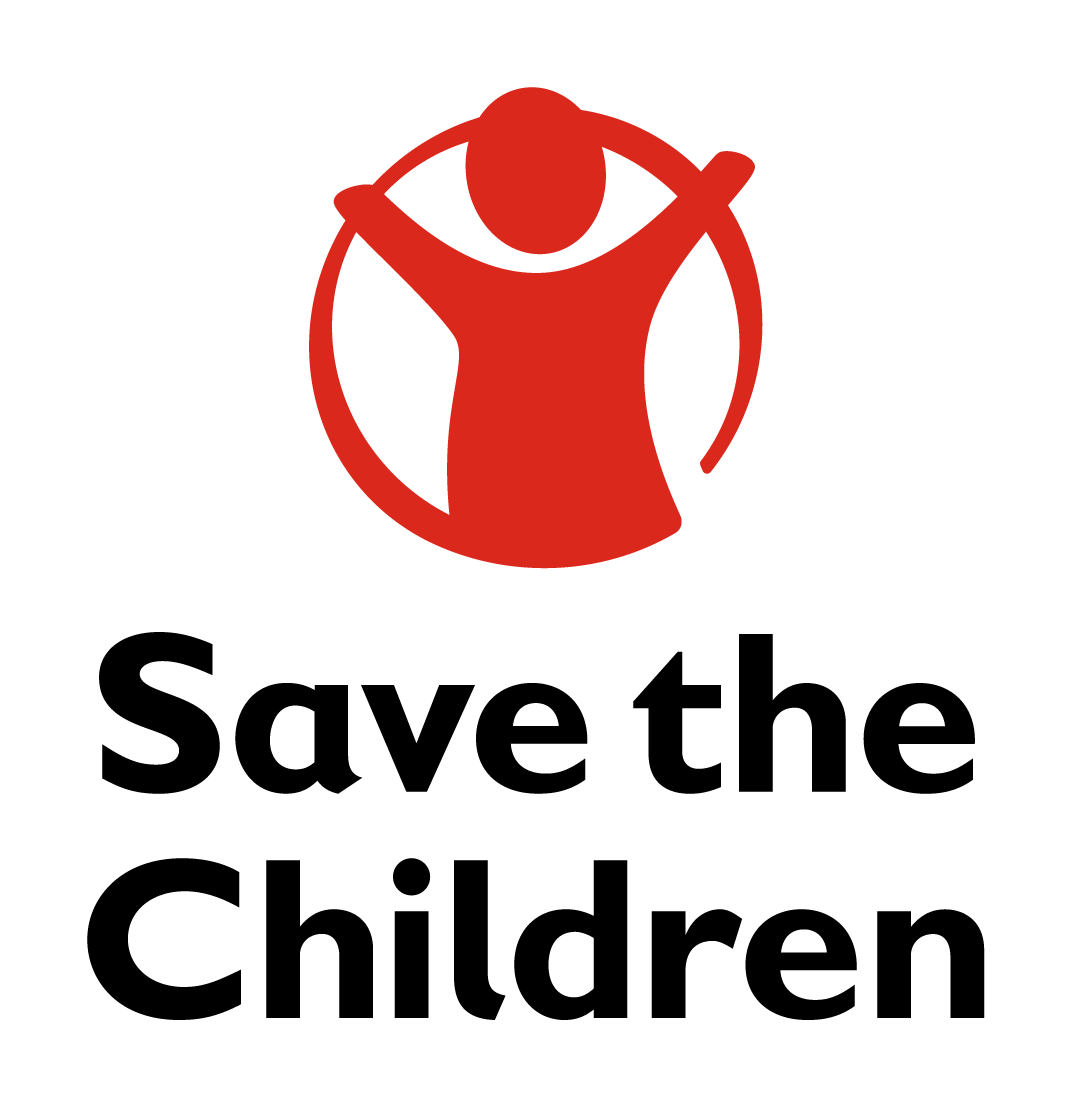
Children around the world are facing the biggest global education emergency of a lifetime. Save the Children will coordinate our programming, research and advocacy with the coalition to keep learning alive, secure a safe return to learning, and build back better for every child.
Save the Children International
London, United Kingdom of Great Britain and Northern Ireland
Non-profit organization
Established : 1919
Education and COVID-19 Response
https://www.savethechildren.net/save-our-education
Objectives
Flagship
Save the Children is responding globally to support the learning and wellbeing of those who will feel the impact of school closures most: girls, refugee and displaced children, the poor and other marginalised groups.
Across dozens of countries, we are developing and rolling out inclusive distance learning programmes to reach millions of out of school children with at-home materials, Interactive Radio Instruction, TV broadcasts, and internet materials, prioritising those likely to miss out. These integrate MHPSS and protection messaging to reduce the increased risks that girls and other vulnerable groups face during school closures, and build on proven learning programmes including Ready to Learn, Literacy Boost and Building Brains.
We’re working to ensure that plans for school reopenings support girls and other groups less likely to return to school, building on the Inter-Agency Safe Back to School Practitioner’s Guide we developed with the Global Education and Child Protection Clusters.
Regional Focus
Global
Commitment
Save the Children is committed to working in partnership to secure the coordinated, global response that the global COVID-19 education emergency demands, and will work with the coalition to coordinate our programming, research and advocacy to minimise the impact on the world’s children, their education and their future.
We are rolling out and developing distance learning programmes to reach millions of children, building on our extensive experience of delivering learning in fragile and crisis contexts, and from the Ebola Crisis, and building on our proven learning programmes.
We commit to participating in the meetings of UNESCO Global Education Coalition and the development of its agenda; in particular we are committed to ensuring that our child representation work helps ensure that children’s voices and priorities inform the agenda of the Coalition and its response, and to coordinate our monitoring and evaluation with the global education response to ensure that collectively we can rapidly prioritise what works and what includes poorer children, girls, or the most marginalised during this unprecedented education emergency.
Action areas
Learner Wellbeing
Digital Learning Content
Capacity Development
Advocacy and Communication
Contacts

Primary Contact
Mr. James Cox

